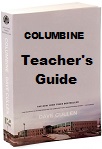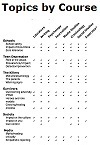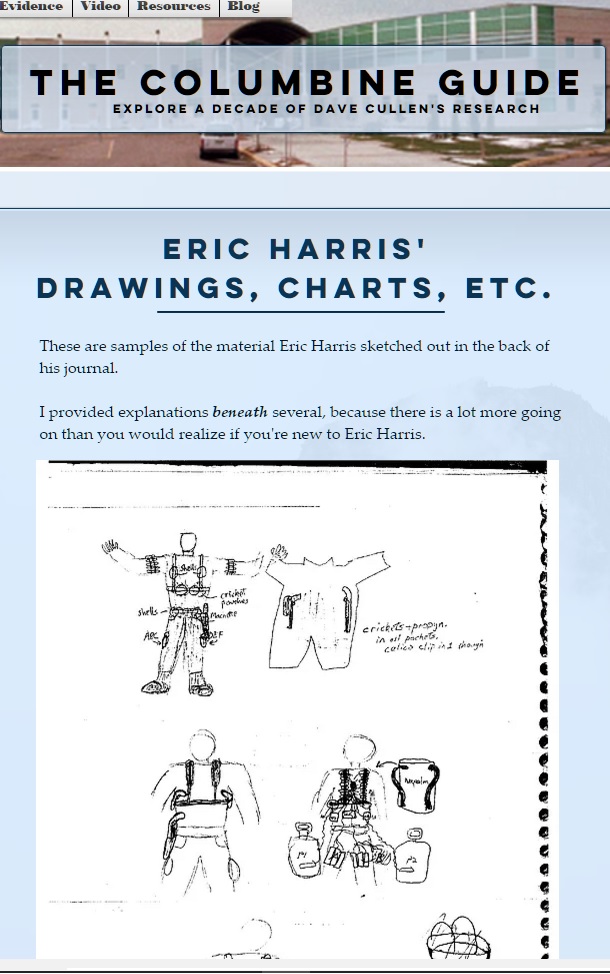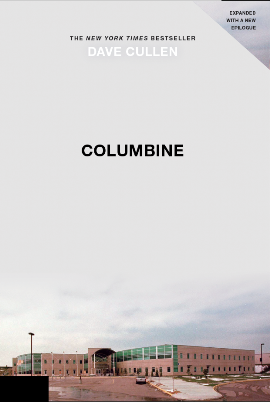General Questions
-
Do you remember the attack taking place in 1999? If not, when did you become aware of it? What did you think had happened?
-
Some readers have referred to Columbine as a "non-fiction novel." Do you think this description fits? What elements make it fit each category?
-
How does the author build and maintain suspense and mystery in the book? How does he deal with the fact that readers may know—or think they know—the outcomes or details of the book's events?
-
What do you make of the relationship between Eric and Dylan? Did this relationship remain consistent throughout the book? If there were shifts in their roles, can you pinpoint when and why this happened?
-
Why is it important that books like Columbine be written and read? Who should read this book?
-
Do you think this book glorifies Eric and Dylan and perpetuates the legend that they wanted to leave behind?
-
As you read the book, what surprises did you encounter? Why do you think you hadn't known about them before?
-
What if you were able to meet the killers' parents. What would you want them to know? What if you could meet another character in the book. Who would you want to meet and what would you say to them?
-
Which, if any, of the book's characters do you consider to be heroes? Which were scapegoats? Were there more than two people responsible for the killings?
-
Which characters had reason to feel guilty? Who do you think still feels guilty now?
-
Do any of the characters change or evolve through the course of the story? Do they change their view of the world and their relationship to it? If so, what events trigger such changes?
-
Compare In Cold Blood's's Dick and Perry to Columbine's Eric and Dylan. What similarities and differences do you find? How did Capote and Cullen's approaches to researching and telling their stories differ?
-
Was there anything unique about the setting of the book? Did it enhance the story? How does the Columbine community compare to yours? How likely is it that a similar event could happen where you are?
-
Which passages were most difficult for you to read? Which scenes are most memorable for you?
-
At what point in the book did you decide if you liked it or not? What helped you make this decision? What kind of impact did this book have on you?
-
Were you surprised by any of the revelations about the attack? Which ones? Were you surprised by the community reaction in the aftermath? How do you think your community would react after such an event?
-
At what point in the narrative could one decision or one action have changed the outcome? Which characters had a chance to make a difference but didn't?
-
With school shootings being featured regularly and predominately in the media for over a decade, does the public react differently to them now? Do students react differently? School personnel? Law enforcement? The press?
-
Has this book changed how you would relate to your peers?




